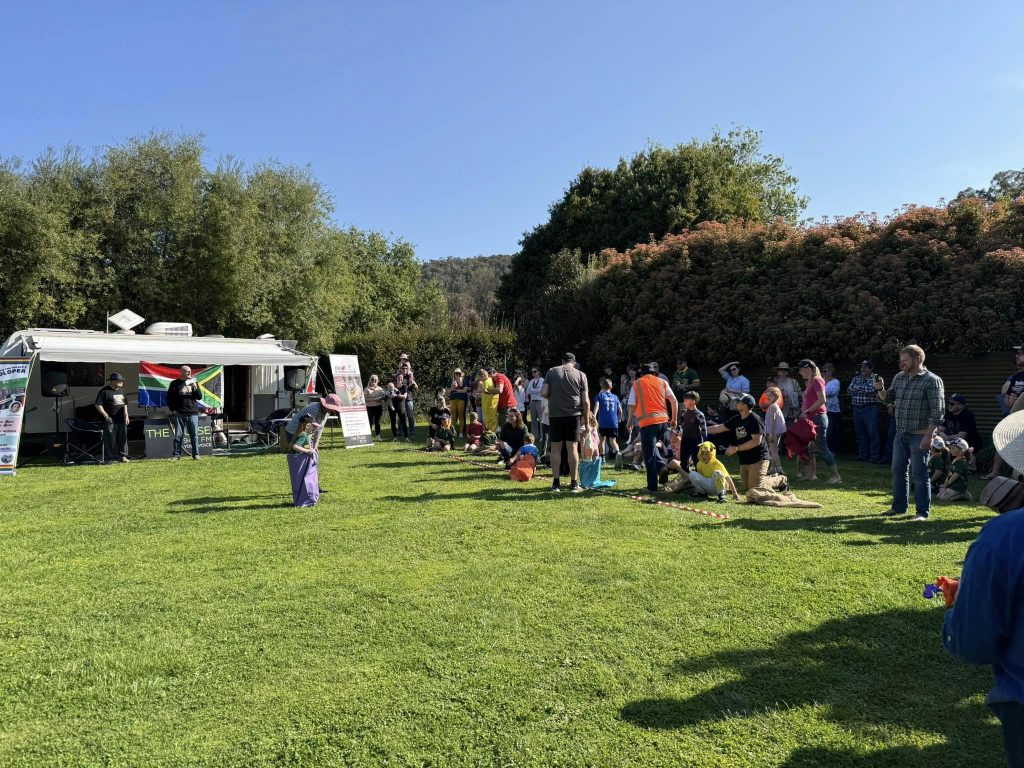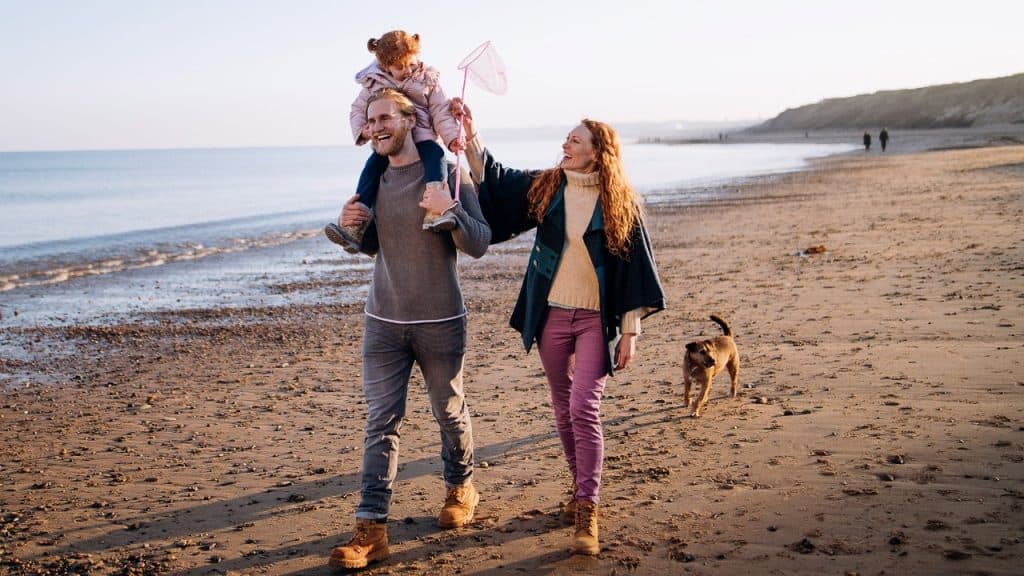Hendrika Jooste
On the eve of the launch of the international version of our immigration book, I have a lump in my throat and I struggle to hold back the tears. Our first immigration book focused on South Africans only, but due to popular demand, we have started to consider immigrants from all over the world. I’m feeling a little melancholy tonight as I think back. Since 2018 we have been helping many South Africans, but there are still many who don’t know about our book or the help we offer. We still hear too many sad stories, and now, with the COVID pandemic and all the new challenges that come with it, it’s even more in the foreground.
My co-author, Robyn Vogels, and I are both originally from South Africa. Robyn is an English-speaking South African from Durban and I am an Afrikaans-speaker who grew up and studied in the old Western Transvaal. Never in my wildest dreams did I think I would live in different places in the world and end up in Australia. My then English matric teacher always jokingly referred to my Fochville English. Now Robyn and I have written two English books (one of which is an Amazon bestseller). After 15 years away from South Africa, I can maintain myself in an English work and social environment without speaking English “very deliciously”.
Our family travelled a long and difficult emigration road. I always compare it to the Israelites who had to move through the desert to the Promised Land – we first lived in France for two years and then in England for three years before we settled in Australia, where we now have been living and working for 10 years. Our emigration journey could have been so much different if we had more information about what lied ahead. Our only reference was my sister-in-law and her husband, who settled in the US. They went over with their suitcases only. We had a nine-year-old daughter, a truckload of unnecessary worldly goods and a lot of emotional baggage.
Robyn and I ran up against each other in France. Our husbands worked for the same company in South Africa and the last time I saw her was at the airport 10 years earlier when we both said goodbye to our husbands, who were leaving on a business trip. In France, Robyn, who was already a seasoned expat, took me under her wing. Those were the two most difficult years of my life. Not only did I have to struggle with a new language (that did not have the same sounds as German, my third language), but I also had to speak English with all the British and Dutch expats in our social circle. My South African support network was gone, and in those two years, my grandfather, my grandmother, my brother and my father died. Only power and grace from Above helped me to survive.
I have a lot of emotional scars to show. Before the scars appear, there is a wound that bleeds all over everyone around you, including those who did not hurt you. No one tells you about these hidden dangers of emigration. Too many of us leave the country with bleeding wounds – wounds caused by our country’s past, by everything that is going on there now and by what had happened to you personally, wounds caused by family and friends who blame you for having to choose between them and your child’s future, wounds over your mother tongue that you miss every day, over your church life, over years of hard work and qualifications that mean virtually nothing here, and gaping financial wounds caused by a bad exchange rate when you arrive abroad. Then there is the salt that is rubbed in every now and then just to make you hurt a little more. Typical Aussie remarks, like, “Oh, you’re still fresh off the boat,” which means you’re still a wet behind the ears immigrant, or the many faux pas or immigrant moments when you dragged your name through the mud, and you wished the earth would open up and swallow you.
I can write another book on my immigrant moments. Today I can laugh about it, but back then it was awful! And that is exactly why Robyn and I decided to write a book for South Africans. They are still close to our hearts, and we want to prepare them, help them save money and make their emigration journey less stressful and more positive than ours. Between the two of us, we have 35 years of experience of international resettlement across five continents, and we have learned from the many mistakes we made. We have a very loyal group of supporters and followers. For the people who bought our book and followed our advice, the resettlement and adjustment in Australia went smoothly. However, there are still too many South Africans who fall into traps that could have been avoided.
This brings me to the wounds that only bleed over everyone around you, but also over your new colleagues, your new friends and acquaintances, seasoned South African Australians and your future sons-in-law or granddaughters and grandchildren. We are all born and raised in a certain country, culture, language group and subculture. It determines your frame of reference and your outlook on life. You think this is how the whole world works and how everything is put together. Come hell or high water, that’s how you are and no one is going to change you or convince you of their opinion. In the life coaching industry, we call these restrictive belief systems. And this, fellow South Africans, is where the pawpaw hits the fan. Have you ever tried to put back together such pawpaw? It’s impossible.
So many of my clients’ first jobs in Australia were a total nightmare. Many Aussies don’t like working with South Africans, and especially Afrikaners. They perceive us as aggressive, obstinate and pig-headed with preconceived ideas and egos as big as the Sydney Opera House. There are several strategies one can follow to prevent or manage these kinds of situations. Newsflash, fellow South Africans: We do not know everything! You don’t want a resume in your new country that betrays that you have a new employer every six months. You will very quickly be classified as a job hopper, and prospective employers might doubt your competence.
Kris Finlayson, a New Zealander who is married to a South African, learned to speak Afrikaans to complete his master’s degree – “Ik ben een Afrikaander”: Redrawing Afrikaner ethnic boundaries in New Zealand – in 2019. One aspect of his research stood out to me: All South Africans he interviewed who successfully integrated into New Zealand divorced their South African partner and married a New Zealander. Too many of our marriages end up on the rocks. Gaping, bleeding wounds! Do not underestimate the stress emigration adds to an already shaky marriage. On a personal level, I can testify that every marriage is going through some kind of immigration-related crisis; and both parties need to work on a solution.
I empathise with my fellow South Africans, and especially with those who are not prepared. They go on the most profound journey of their lives without doing their homework. They lend their ears to well-intentioned but outdated and thoughtless advice on internet forums and social media. In the process, they harm not only themselves but also their children and everyone they deal with. I am amazed at some immigrants’ naivety, total lack of self-awareness and oblivious prejudices. Each family and individual are unique and has unique circumstances and a unique budget. We always determine what a family’s needs and budget are before making any recommendations.
No astronaut departs to space without months of preparation and the support of an entire professional NASA team for the duration of their space adventure. Dance of joy and celebrate the milestone when your visa is approved but remember: It’s just a milestone on a long emigration journey. The next phase will also cost money, will also require homework and research, and can be much more stressful than the visa process. Now is not the time to be stingy. This is where most South Africans lose their marbles. They are looking for shortcuts, or cheap and cheerful options as we call them in our book.
The good news is that those South Africans who tackle it in the right way are stronger and better off in the end. Some are already so strong that they can support people and charities in South Africa emotionally and financially. What is their secret? They contacted the right people in time for professional advice. The sooner you get information and help, the better. We are here to help in our professional capacity, with our combined wisdom, knowledge, foresight and an established network of experts. We are your seat belt on your roller coaster emigration journey. We are your support network and your safety net in case you temporarily lose your grip.
You CAN be in charge of your own emigration journey.
Kind regards
Hendrika Jooste
MCC, BA (HONS), PGCE, Cert 4 TAE, TESOL
Relocation and Integration Life Coach
Hendrika Jooste is a professional Master Certified Life Coach who specialises in migration related issues (www.pillarsofpower.com.au). She also co-authored Your D.I.Y. Move Guide to Australia: The South African Guide and the Amazon bestseller Your D.I.Y. Move Guide to Australia (Global Edition). www.yourmoveguide.com
Share on
Latest articles




















